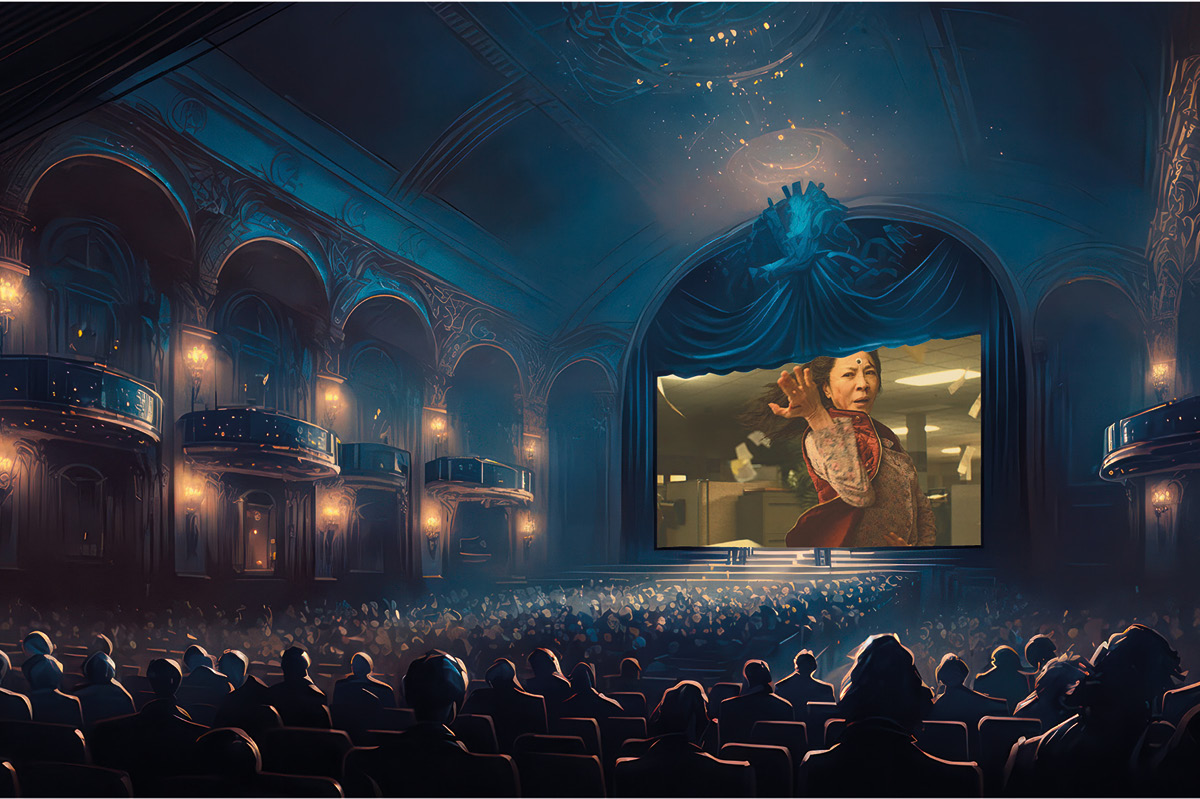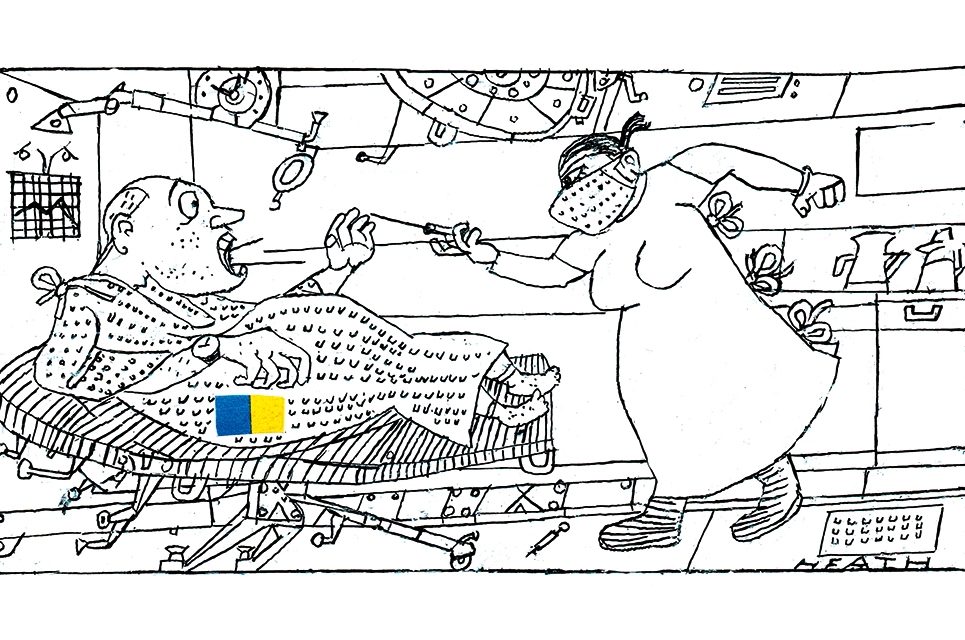According to a charity called Fight For Sight, 38 percent of people who’ve been using screens more during lockdown believe their eyesight has deteriorated. I am definitely in that category. This time last year, I didn’t need reading glasses; now I do. When I’m working at my desk this doesn’t much matter, but it has made reading in bed more difficult because I was in the habit of doing this on an iPad under the covers so as not to wake Caroline. Keeping my glasses in place while lying on my side, with one hand clutching my iPad and the other pulling the duvet tight over my head to eliminate any light pollution, is surprisingly difficult. The upshot is I’ve switched over to talking books.
In the past, I found listening to a novel less satisfactory than reading it. The effort required to read anchored me in the text, making my attention less likely to wander, and it didn’t take long before I was transported into the world of the novel. With audio books, my imagination wasn’t as engaged, possibly because some aspects of the experience — such as the sound of the characters’ voices — is filled in by the voice actor. It was more like watching television — no bad thing, obviously, but closer to fast food than a three-course meal. OK if you’re doing something else at the same time, but no substitute for reading in the dark.
But that has changed during lockdown — and I have Bernard Cornwell to thank for it. I had just finished the Palliser novels by Anthony Trollope and asked James Delingpole to recommend something. He suggested Cornwell’s Azincourt. I started listening to it during the 15 minutes or so between getting into bed and falling asleep, and was instantly hooked. The main character, an English archer, lacks depth and it’s hard to work up much interest in his romance with a French nun, but the historical set pieces are very well done, from the sacking of Soissons to the battle itself. I don’t recall ever reading an author who describes violent conflict with such skill. He doesn’t gloss over the pity of war, but he also captures the thrill.
When I’d finished it I moved on to 1356, hoping for more of the same. Like in Azincourt, the protagonist is an English archer and it also climaxes with a famous English victory — in this case the Battle of Poitiers. Being new to Cornwell’s books, I didn’t realize it was the final one in a quartet called the Grail Quest until I was about halfway through, but on the plus side that meant there were three more in the same series. I went on to devour them too and am now getting stuck into the Warlord Chronicles, a trilogy set in Arthurian Britain. I fully expect to work my way through Cornwell’s entire oeuvre, including the 13-part Last Kingdom series.
One of the great things about these novels is that they provide a crash course in English history. In the acknowledgments to the Grail Quest, Cornwell credits Jonathan Sumption’s history of the Hundred Years’ War for having furnished him with much of the detail, and cantering through these books is a bit like reading a pulp fiction version of Our Island Story. There’s a strong streak of patriotism running through them, too, a pride in the stoicism, courage and ingenuity of ordinary Britons. The English win almost every battle in the Grail Quest thanks to the archers, and Cornwell never tires of telling you in loving detail how many years of practice it takes to become an archer, how much upper body strength is needed, the different craftsmen involved in fashioning the long bow and the steel-tipped arrows, and so on. The Genevese crossbowmen employed by the French never stand a chance.
Listening to these books has given me a renewed appreciation for voice actors. I thought nothing could match up to Timothy West’s reading of Trollope, but Jonathan Keeble, the actor who narrates the Warlord Chronicles, is just as good. The fact that the characters aren’t properly filled out, usually a shortcoming of Cornwell’s novels, is a benefit here since it leaves room for Keeble to put flesh on their bones. I can sense the characters in the room with me, just as I can when reading a novel by Charles Dickens.
I didn’t think it was possible to become so absorbed in a talking book, but I was wrong. I now look forward to going to bed like nothing else, knowing I can lie there in the dark, with Caroline sleeping beside me, while history comes to life in vivid Technicolor.
This article was originally published in The Spectator’s UK magazine. Subscribe to the US edition here.

























